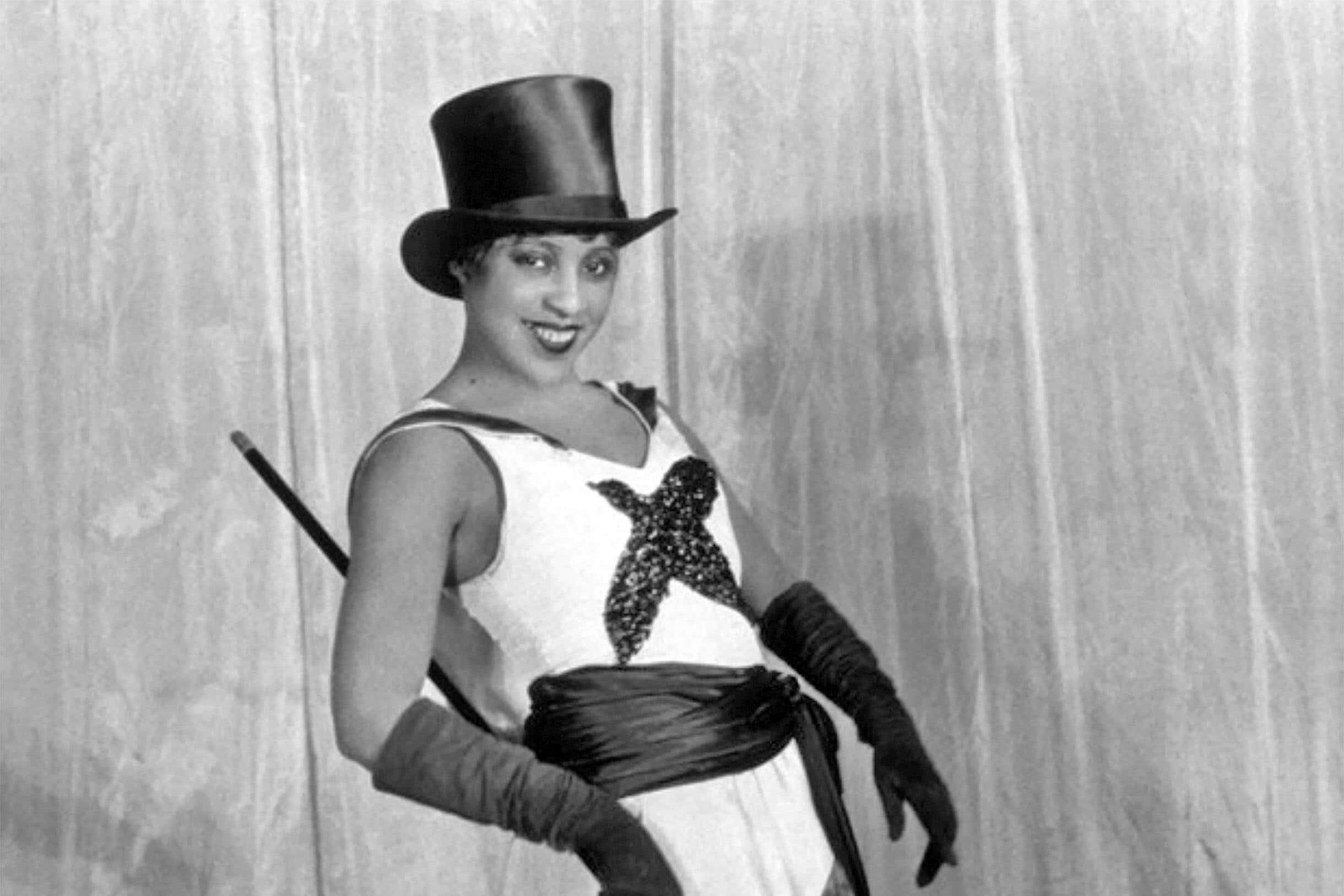‘Real first lady of jazz’ Adelaide Hall to be honoured with blue plaque
The musician and dancer’s home of 27 years in Kensington, west London, will be marked with a commemorative plaque by English Heritage.

Musician and dancer Adelaide Hall – hailed as the “real first lady of jazz” – is to be honoured with a blue plaque at her London home.
The scat pioneer, who was born in Brooklyn, New York, spent 55 years in London and an English Heritage plaque will be unveiled at 1 Collingham Road in Kensington, which was her home for 27 years.
She died in the capital in 1993 at the age of 92.
She told an told an interviewer in June 1980: “I do like London very much. I like it because it’s quiet – and I like the quiet life.”
Hall was a pioneer of “scat” singing, renowned for using her voice as a pure jazz instrument.
She is believed to have had the longest recording career of any 20th-century artist and was recognised by Guinness World Records in 2003 for releasing material over eight consecutive decades.
Her 1943 radio series Wrapped In Velvet made her one of first black artists to regularly broadcast with the BBC.
During the Second World War, she worked for the Entertainments National Service Association (Ensa) and she performed in air raid shelters and hospitals, before becoming one of the first artists into Germany after the liberation.
I’m sure she is smiling wherever she is
Stephen Bourne, historian and author of Sophisticated Lady – A Celebration Of Adelaide Hall, said: “Adelaide was a rarity in showbiz, because she honestly never had a bad word to say about anyone.
“She was so versatile and took so many artistic risks, but when I think of her it will always be as the real first lady of jazz, admired by the likes of Ella Fitzgerald and Elisabeth Welch.
“Having known her, I don’t doubt that she would be absolutely thrilled to bits to get a blue plaque. I’m sure she is smiling wherever she is.”
Musician YolanDa Brown, who is a member of the blue plaques panel, said: “Adelaide Hall’s music was unlike anything that people had heard before.
It was this voice, wordless singing bursting out of her like it was the most natural thing in the world, that really set her apart
“She could do it all of course – showtunes, gospel and music hall songs. But it was this voice, wordless singing bursting out of her like it was the most natural thing in the world, that really set her apart.
“I am delighted that English Heritage are recognising her exceptional talent with a blue plaque.”
Brown told the PA news agency: “The blue plaques are about people who have really contributed to our heritage and contributed to London.
“She’s got this global appeal, coming from America, and musically people are referencing her in their music and sometimes they don’t even know that they are.
“If they heard Duke Ellington’s Creole Love Call, just hearing her scatting on that song, through to all of the amazing other things that she’s done.
“I think, you know, somebody with that much impact could easily go under the radar after many generations passed, so it’s really nice that a blue plaque can commemorate her and help people on their journey as they go on to discover her more.”
Hall moved to the upper part of 1 Collingham Road, an imposing 1870s corner house, in Kensington, on July 21 1952, according to rate books.
Apart from an extended absence during the long Broadway run of Jamaica from 1957 to 1958, she stayed there until late 1979.
Fellow jazz singer Elisabeth Welch, with whom Hall starred in Blackbirds Of 1928 – the most successful black revue ever to run on Broadway – is also commemorated with a blue plaque in Kensington.
Bookmark popover
Removed from bookmarks